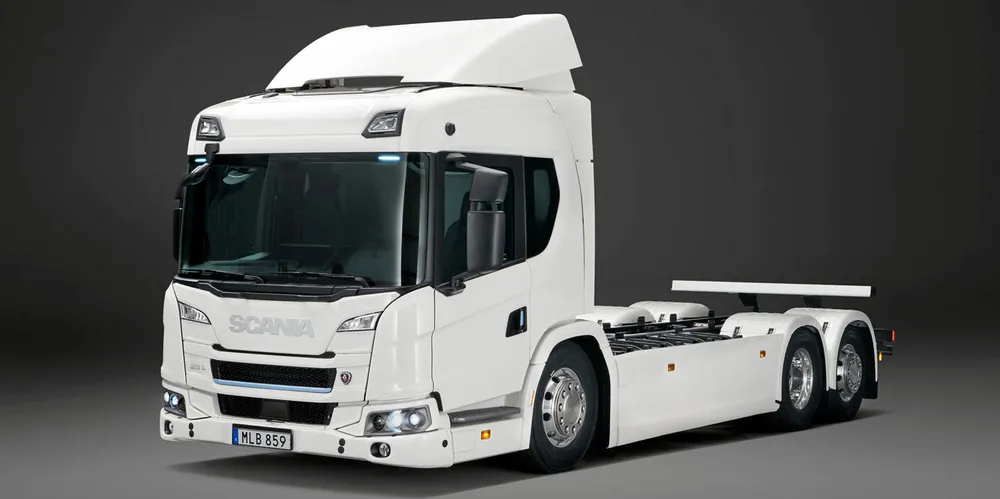Blow to clean hydrogen sector as major truck maker rules out H2 for long-distance transport
Volkswagen-owned Scania says fuel-cell trucks will be too inefficient and expensive compared to battery-powered vehicles

Volkswagen-owned Scania says fuel-cell trucks will be too inefficient and expensive compared to battery-powered vehicles
